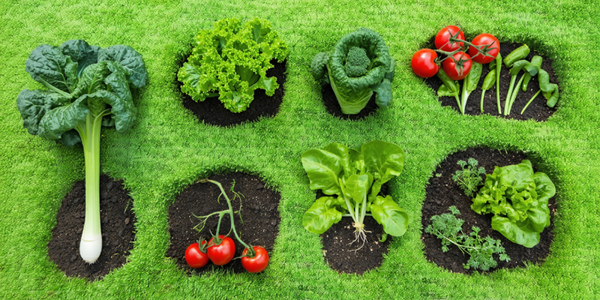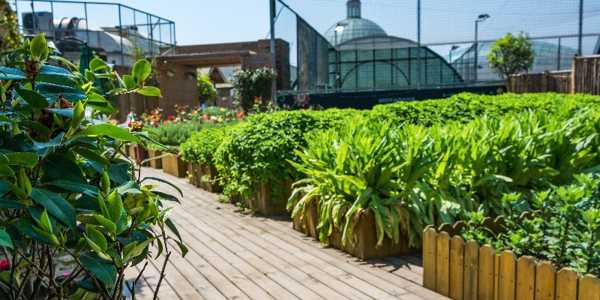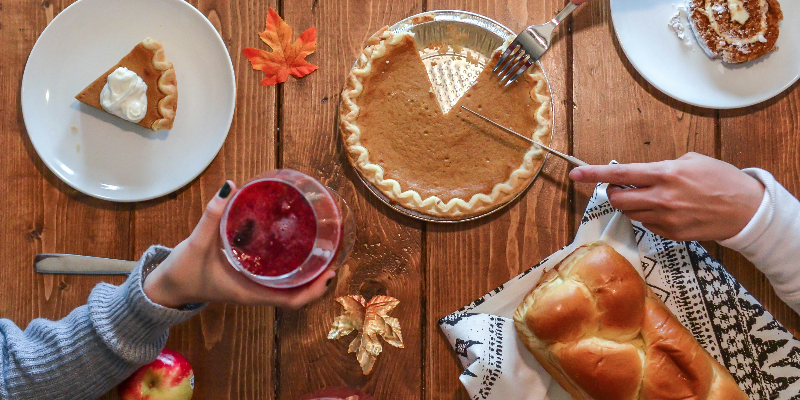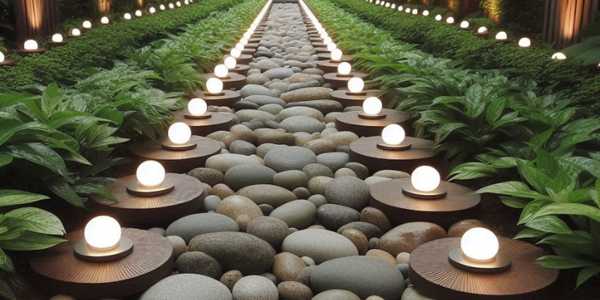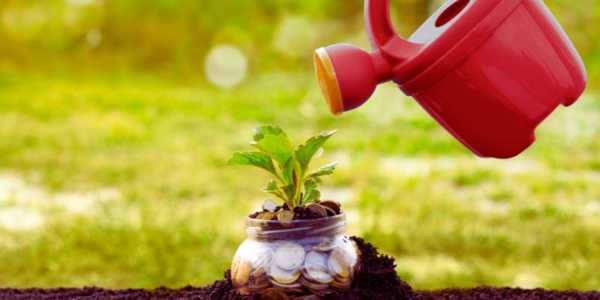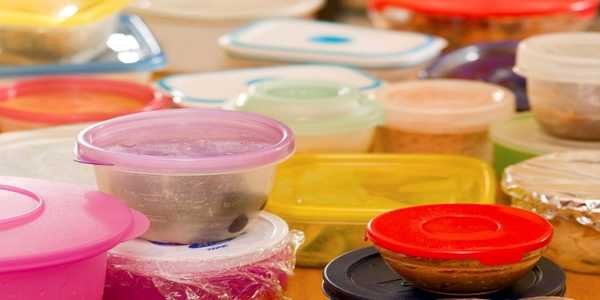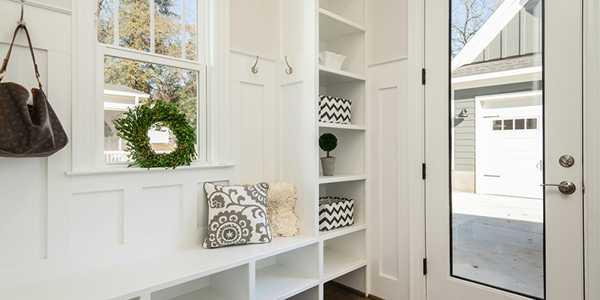10 Simple Ways To Make Your Garden More Eco-Friendly
Gardens represent greenery. This is the first thought that comes to our minds when we imagine a garden. And, naturally, your garden could do much for the planet. Now, you must be wondering how gardens can be made so that they promote sustainability at a much higher level. You do not need to go all out with solar panels. There is no need for expensive gadgets.
Small and easy changes could make your garden more eco-friendly. These may include saving water, supporting wildlife, and even cutting waste.
If you want to give back to the planet through your favourite hobby, gardening, here are 10 simple ways to make your garden more eco-friendly.
1. Turn Kitchen Scraps Into Black Gold (Compost!)
You do not need to toss out the food scraps from your kitchen; you should not throw away yard waste in the trash. Instead, you should compost them!
This is a free and easy way to nourish your plants and promote their growth.
What To Compost:
You can use fruit and veggie scraps, coffee grounds, eggshells, grass clippings, and leaves.
What To Skip:
There should be no meat, dairy, and oily foods. This is because they attract pests that are not good for your eco-friendly garden.
2. Collect Rainwater
This is a great tip. Rainwater is 100% free.
You do not have to pay for water. The sky gives it all away for free. What a savings!
We can mostly use a simple rain barrel for this purpose. It can collect hundreds of gallons of water annually and is easily used to make your eco-friendly garden more lush and green.
Here are some tips to remember while collecting Rainwater.
Set up a rain barrel under a downspout. This is an easy job.
Rainwater can water plants, clean tools, and fill upfillths.
Plants prefer Rainwater over tap water. It is much softer and chemical-free.
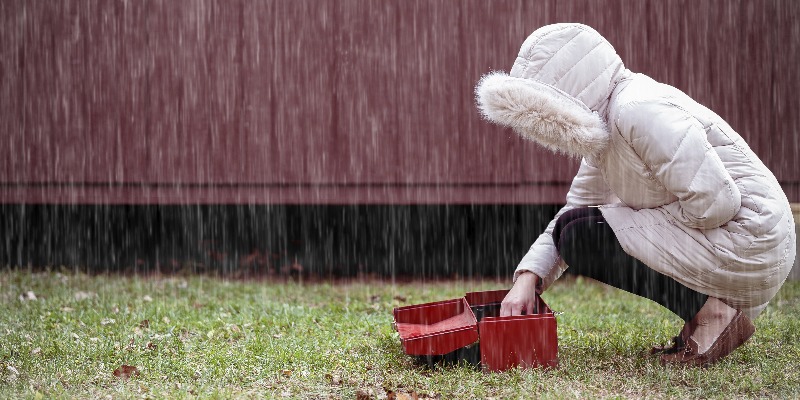
3. Select Native Plants
Native plants are very low maintenance.
Want a garden that thrives with less effort?
Then you must go native! Native plants have already adapted to your climate and require less water, fertilizers, and fuss.
Low-Maintenance Choices:
This includes coneflowers, milkweed, black-eyed Susans. The selection will depend on your region!
Why It Works:
Native plants can attract local pollinators. This includes bees and butterflies.
4. Do Not Use The Chemicals
Gardeners mostly rely on synthetic pesticides and fertilizers. They need them to protect their plants.
But these artificial compounds don’t just kill pests. They can harm good bugs, birds, and even your soil.
So, instead of these, you should try the natural alternatives.
Here are some ideas for natural pesticides to make your garden more eco-friendly.
For pests, you can use alternative methods like neem oil and ladybugs.
You can do companion planting. For example, marigolds keep aphids away.
For fertilizer, you can use compost, manure, or fish emulsion. The plants will love it.
5. Make Your Garden a Pollinator Paradise
All gardeners know the importance of bees. They understand that without bees, there will be no food on the planet.
We need pollinators like bees, butterflies, and hummingbirds on earth. They help keep gardens growing and, hence, nourish the world.
To promote pollination and pollinators, here are some valuable ideas that are also great for sustainable gardening.
You should plant pollinator favourites. These may include flowers like lavender, sunflowers, zinnias, and wildflowers.
You should always skip the pesticides. They are a pollinator’s worst enemy.
You can leave a small water dish with pebbles in your eco-friendly garden. The bees and butterflies can drink this water.
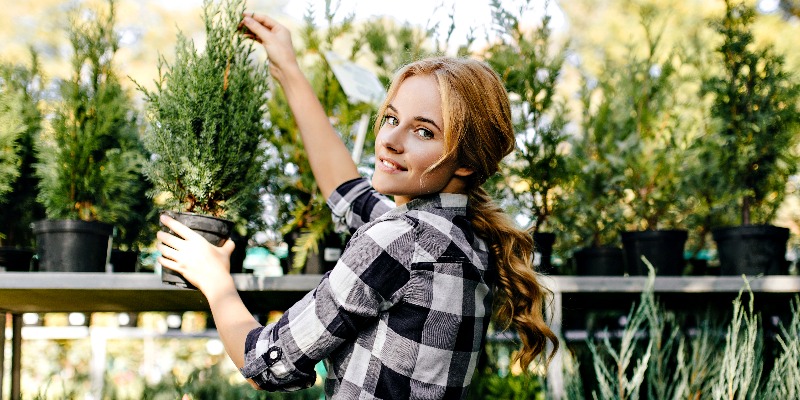
6. Cut Back On The Lawn
This means less Work and More Eco-Friendly gardening.
Lawns are thirsty, needy, and honestly... boring. So, instead of these, you can swap some of that grass for eco-friendly alternatives.
Here are some pointers.
Ground covers like clover need less water and mowing.
Wildflower meadows support pollinators and look stunning.
Try a “no-mow” section—let it grow naturally and see what happens!
7. Upcycle & Reuse In Your Garden
Before you buy new, see what you can repurpose or recycle. You will be surprised by what works!
Old wood? Turn it into raised garden beds.
Wine bottles? They make quirky garden borders.
Broken pots? Use them for drainage in larger planters.
Upcycling saves money and keeps waste out of landfills.
8. Grow Your Food
Choose this way of gardening. You can do it even if you have a small space.
It is fantastic to have fresh, homegrown produce. Then, use it in your kitchens. It is a great, sustainable thing to do for the planet. You can grow your food.
The best place to do it is your eco-friendly backyard garden.
Here are some tips for this:
Go for easy starter crops. These can be tomatoes, lettuce, herbs, and strawberries.
If you do not have a yard, then no problem. You can use containers or vertical planters.
9. Make Your Garden Wildlife-Friendly
A thriving eco-friendly garden has more than just plants. It is full of little creatures that call it home. Make this concept the basics of your sustainable gardening.
What Can You Do?
Go for birdhouses & feeders. They invite feathered friends.
Start a bug hotel. It gives helpful insects (like ladybugs) a place to live.
Put a small water dish. It will help the birds, bees, and butterflies stay hydrated.
10. Water In a Smart Way
Watering is essential for plants and gardens. Learning to water smartly can help you have a sustainable garden and save time, money, and resources.
Here are some tips for watering your garden smartly.
Water early in the morning or late in the evening. This will help to prevent evaporation.
Put mulch around plants. This will keep moisture in and weeds out.
You can use drip irrigation, which is better than sprinklers because it delivers water directly to the roots.
Final Advice
Here are some essential tips to make your garden more eco-friendly. You do not have to make drastic changes. Opt for just a few of these simple changes. This will make your garden a beautiful, thriving, eco-friendly environment—perfect for you, your plants, and the planet.
